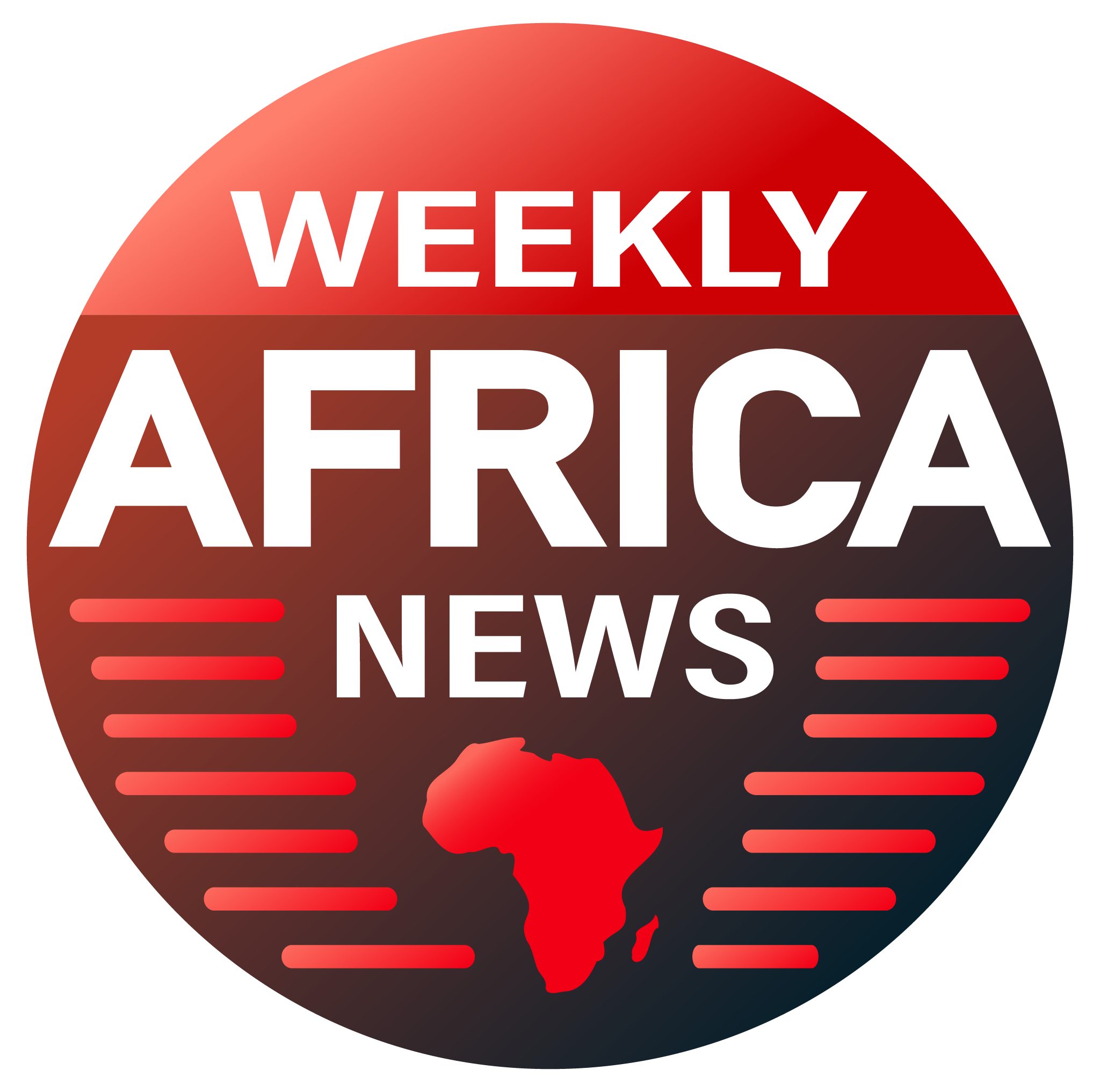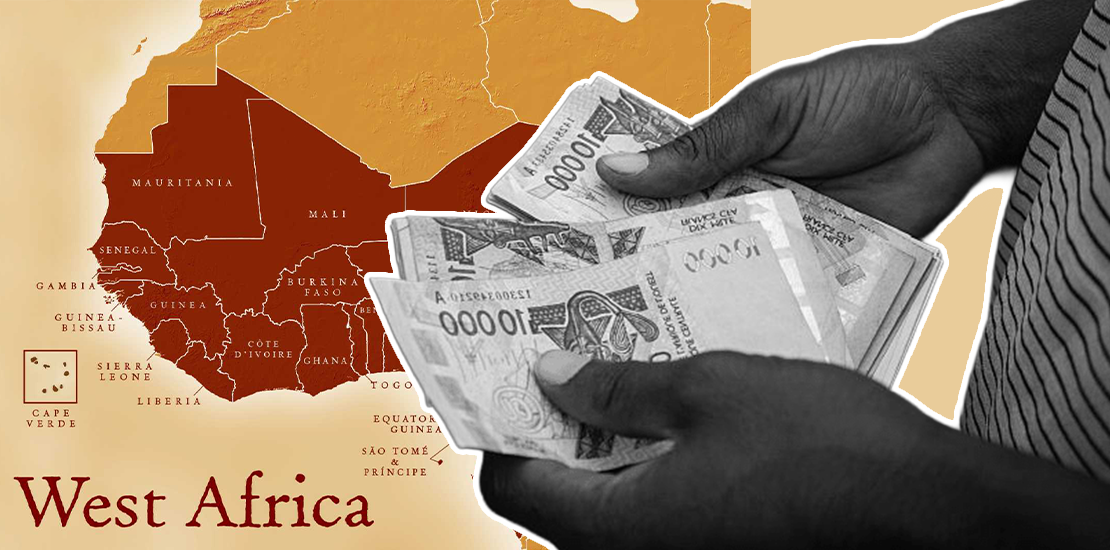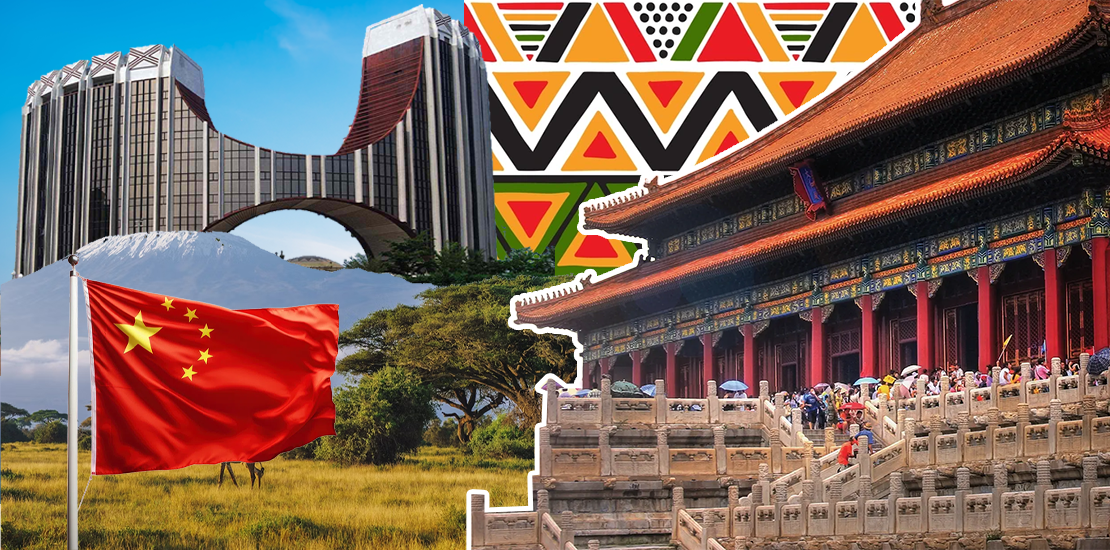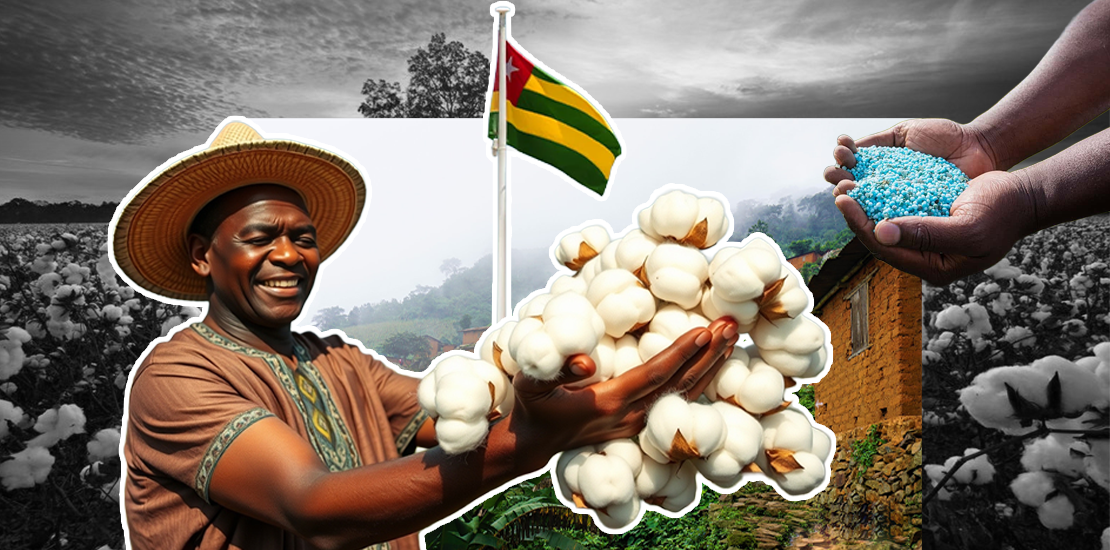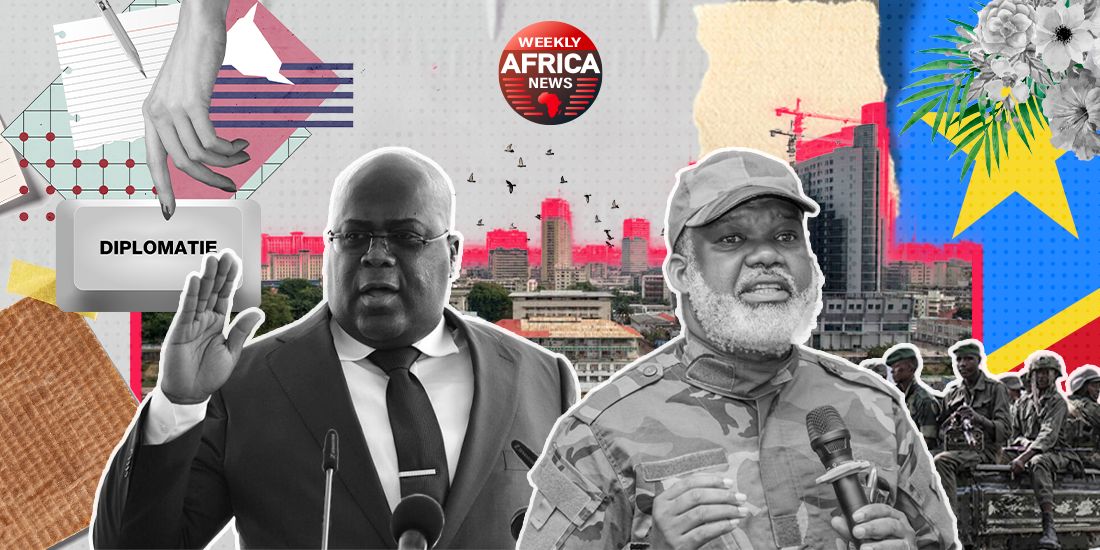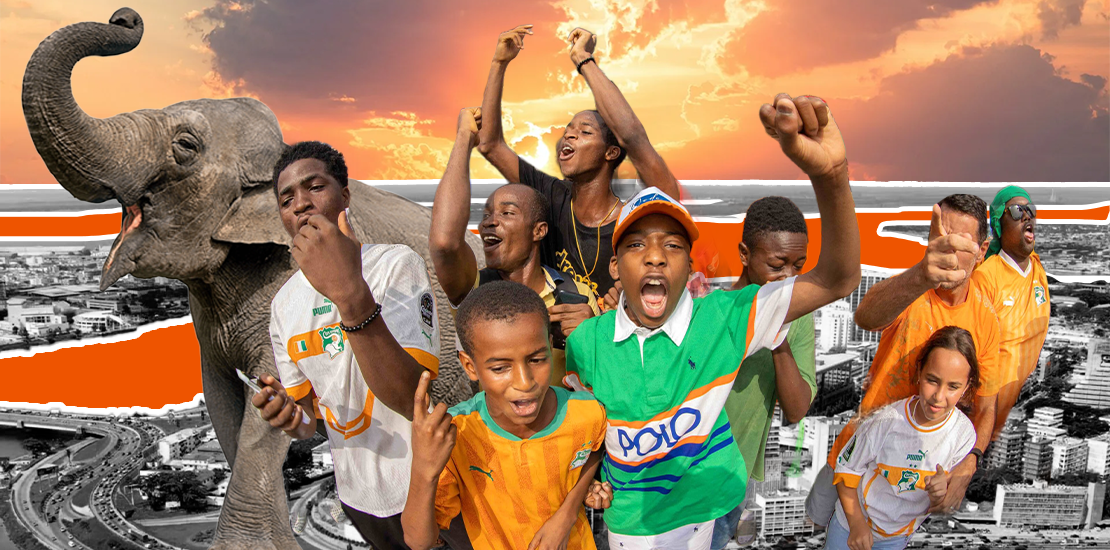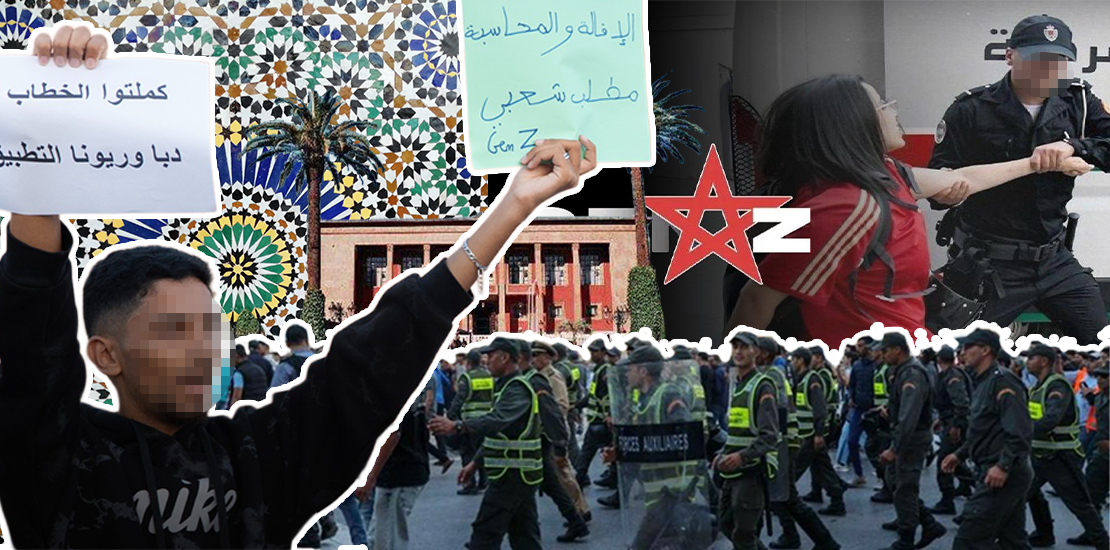As the presidential elections of April 2025 approach, Gabon finds itself at a crucial moment in its history. Brice Clotaire Oligui Nguema, President of the Transition since August 2023, is emerging as a much-awaited political figure in an unstable global context, marked by profound ecological crises, heightened geopolitical instability and an accelerating technological revolution that is constantly redefining the balance of power and knowledge.
A respected soldier and seasoned statesman, Oligui Nguema quickly established himself on the Gabonese political scene, putting an end to half a century of governance under the Bongo dynasty. Born on March 3, 1975, in a rural region of southeastern Gabon, he cultivated a strong sense of duty to his country from an early age. Trained at the Royal Military Academy in Meknes, Morocco, his academic excellence and disciplined commitment opened the doors to important responsibilities early in his military career. His exemplary career led him to join the close guard of President Omar Bongo Ondimba, where he served as aide-de-camp for almost a decade, giving him an intimate insight into the workings of power and solid experience in crisis management.
After a period abroad as a military attaché, Oligui Nguema returned to Gabon to take up key positions within the Republican Guard, developing undeniable expertise in national security and internal conflict management.
In August 2023, Gabon experienced a major electoral crisis, exacerbated by massive protests against results deemed fraudulent. Oligui Nguema emerged as the central figure capable of restoring the weakened constitutional order. From the moment he took office as head of state, he distinguished himself by his transparent and accessible governance, adopting a radically different policy from that of his predecessors. His swift decision to radically reform the management of the social security funds marks a firm commitment to fighting corruption and establishing reliable, respected institutions.
During his transitional presidency, he initiated significant economic reforms aimed at diversifying an economy traditionally dependent on oil. His “Gabon-Digital” program aims to modernize the country through technological innovation, stimulating sectors such as agriculture, mining and the digital economy. These reforms, which also aim to reduce regional inequalities, position Gabon as a credible player on the international economic stage.
Oligui Nguema’s pragmatic and balanced diplomacy has enhanced Gabon’s international image. Her active participation in world forums on climate and environmental preservation has raised the country’s profile, affirming its commitment to major global issues.
On the social front, Oligui Nguema’s actions have resulted in concrete advances. The urgent rehabilitation of essential public infrastructures such as water and electricity testifies to a genuine concern for the daily needs of the Gabonese people. He also pays particular attention to young people, launching programs aimed at effectively combating youth unemployment through appropriate vocational training, entrepreneurship and simplified access to financing. These initiatives reinforce his popularity with a young population in search of concrete opportunities.
Oligui Nguema also understands the unifying power of culture. Through various popular events celebrating Gabonese identity, he succeeds in strengthening the sense of national belonging and easing societal tensions deeply rooted in the country’s history.
On the institutional front, he carried out major democratic reforms. The inclusive National Dialogue organized in 2024 led to the adoption of a new Constitution, widely approved by the Gabonese people, limiting presidential terms to two seven-year terms. Furthermore, his refusal to collect a presidential salary, preferring transparent management of public funds, illustrates his determination to promote exemplary governance.
Gabon’s stability contrasts sharply with the growing political instability currently affecting several African countries. In the Democratic Republic of Congo, war persists in the east, with armed groups wreaking havoc in provinces such as North Kivu and Ituri. The Sahel is also plunged into growing insecurity, with recent coups d’état in Mali, Burkina Faso and Niger marking a worrying regression in democratic stability in the region. Sudan, meanwhile, is facing deadly internal clashes that are destabilizing the whole of East Africa.
In this extremely fragile regional context, Gabon, under the leadership of Oligui Nguema, stands out as a positive exception. Its military and political experience constitutes a solid bulwark against internal and external threats, capable of ensuring the peace and stability necessary for sustainable economic and social development.
